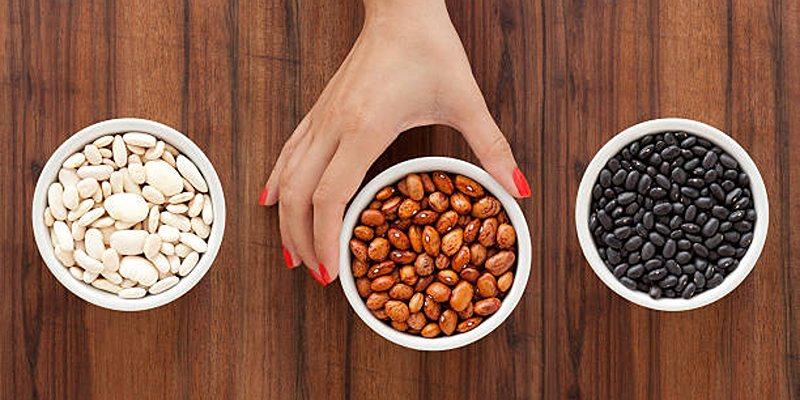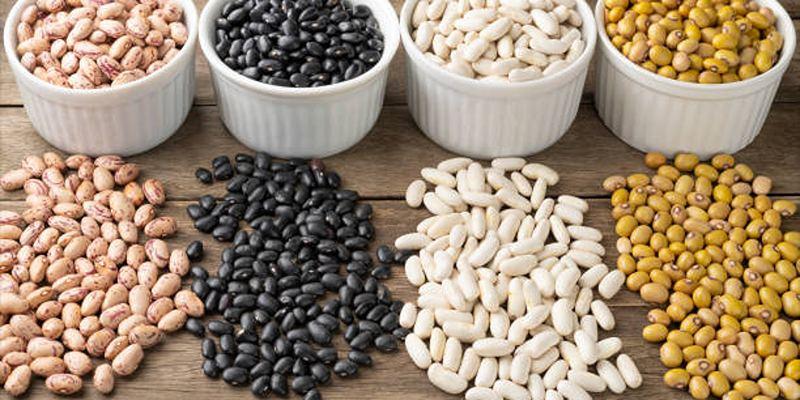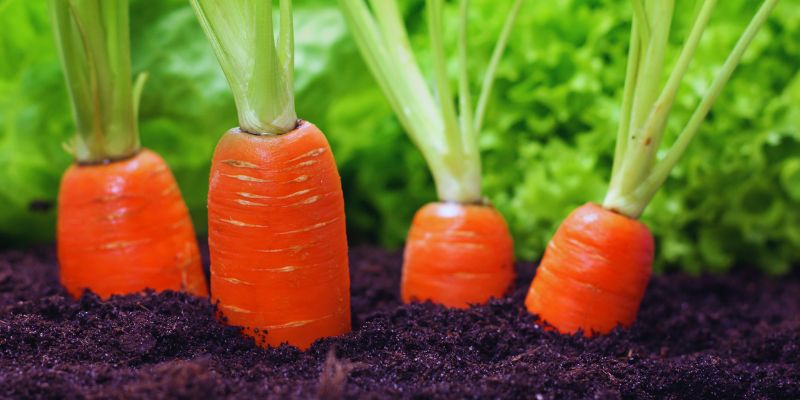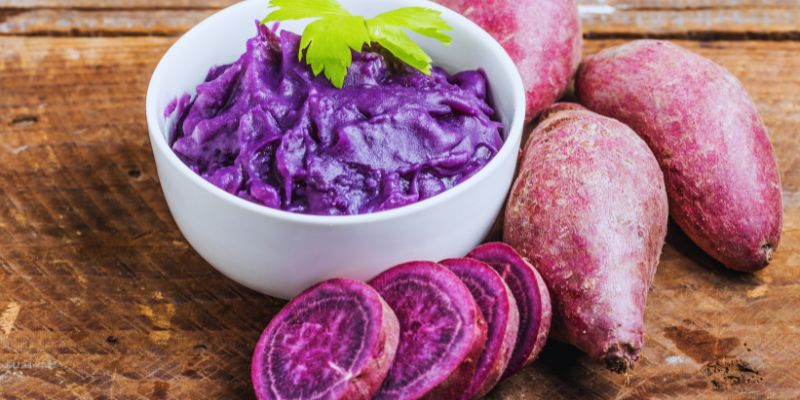Eating healthy doesn't have to break the bank, and beans are a perfect example of this. Packed with protein, fiber, vitamins, and minerals, beans are an affordable, versatile staple for any diet. Whether in soups, salads, or main dishes, they provide nourishment while supporting budget-friendly, healthy living choices for individuals and families alike.
Why Beans Are a Budget Superfood

Beans are one of the most cost-effective sources of nutrition available. Compared to meat, dairy, and processed foods, beans provide a high nutrient density at a fraction of the price. A single pound of dried beans can yield multiple servings, making them an economical choice for families and individuals alike.
Nutritional Benefits of Beans
Beans are a nutritional powerhouse, offering numerous health benefits:
1. High in Protein
As a leading protein source of plant-based variety, beans are especially good for vegetarians, vegans, and meat consumption reducers. They provide your body with everything needed to repair damaged muscle fibers and maintain optimum muscle health. If you eat a cup of cooked beans you are taking in approximately 15 grams of protein, which contributes to muscle restoration, energy, and life-giving functions. By consuming beans as part of your meals, you can get good protein without worrying that it may come from animals.
2. Rich in Fiber
Dietary fiber plays a significant role in maintaining the digestive system in good health, and beans come with among the highest content of fiber. Beans can be added to your diet as the high value of beans ensures that the blood sugar levels are modified since they release sugar slowly into the bloodstream, a good alternative for diabetics or people who care for blood sugar stability. Eating fiber assists you in developing a healthy balance of microflora in your stomach, which supports your gastrointestinal environment.
3. Packed with Essential Vitamins and Minerals
Beans are a powerhouse of essential nutrients that your body needs to function at its best. They are an excellent source of:
- Iron: Vital for oxygen transport in the blood, helping to prevent fatigue and anemia.
- Folate: Essential for cell growth, DNA formation, and development.
- Magnesium: Plays a key role in over 300 biochemical reactions in the body, including nerve signaling and muscle function.
- Potassium: Helps regulate blood pressure, maintain proper muscle contractions, and supports heart health.
4. Low in Fat and Cholesterol-Free
Beans are a heart-healthy alternative to animal-based proteins, naturally low in fat and completely free of cholesterol. Packed with beneficial unsaturated fats, they support brain function and hormone production without adding unhealthy fats to your diet. Swapping animal proteins for beans can help lower your risk of cardiovascular disease while providing a satisfying, nutritious option. Delicious and versatile, beans are a smart choice for promoting overall health and well-being.
Beans are a powerhouse of nutrition, offering a versatile way to boost protein, improve digestion, and support heart health. Affordable, easy to cook, and available in a wide range of varieties, they make it effortless to incorporate wholesome benefits into your daily meals.
Types of Beans and Their Unique Benefits
Different beans offer varying nutritional profiles. Here are some common types and their advantages:
1. Black Beans
- High in antioxidants
- Supports heart health
- Great for soups, salads, and burritos
2. Chickpeas (Garbanzo Beans)
- Excellent for making hummus
- Rich in manganese (supports bone health)
- Helps stabilize blood sugar
3. Lentils
- Cook faster than other beans
- High in folate and iron
- Ideal for stews and curries
4. Kidney Beans
- Supports detoxification
- Good source of copper and vitamin K
- Perfect for chili and rice dishes
5. Pinto Beans
- High in fiber and protein
- Supports digestive health
- Commonly used in Mexican cuisine
How to Incorporate Beans into Your Diet
Adding beans to meals is simple and delicious. Here are some budget-friendly ways to enjoy them:
1. Soups and Stews
Beans are a perfect way to add thickness, protein, and flavor to hearty soups and stews. They make dishes more filling and nutritious. Try classic lentil soup, a hearty black bean chili loaded with spices, or minestrone with kidney beans and fresh vegetables for a comforting meal.
2. Salads
Boost the protein and texture of your salads by tossing in chickpeas, black beans, or even edamame. They add a satisfying bite and transform simple greens into a complete and nutritious meal. Pair them with a zesty dressing or flavorful toppings like roasted veggies or nuts for even more variety.
3. Dips and Spreads
Hummus, made from creamy blended chickpeas, is a versatile and healthy snack that pairs perfectly with veggies or pita bread. Other bean dips, like black bean or white bean garlic dip, are equally delicious and packed with protein, making them great for a quick snack or party platter.
4. Meat Substitutes
Mashed beans are an excellent substitute for ground meat in vegetarian dishes. Use them in veggie burgers to create a hearty, plant-based patty, or as a filling for tacos, burritos, or enchiladas. Beans not only mimic the texture of meat but also add a rich, earthy flavor to your meals.
5. Rice and Bean Dishes
Rice and beans are a classic combination for good reason—they’re affordable, easy to prepare, and together, they provide all the essential amino acids for a complete protein. Try a simple black beans and rice dish with spices, or experiment with flavor-packed recipes like red beans and rice with sausage alternatives for a Creole twist.
Money-Saving Tips When Buying Beans
To maximize savings while enjoying beans:
- Buy in Bulk: Dried beans are cheaper per serving than canned ones.
- Choose Store Brands: Generic brands often offer the same quality at lower prices.
- Cook in Batches: Prepare a large pot of beans and freeze portions for later use.
- Use Canned Beans (When Convenient): While slightly more expensive, canned beans save time and are still budget-friendly.
Common Concerns About Beans

Some people avoid beans due to digestive discomfort or misconceptions. Here’s how to overcome these issues:
1. Gas and Bloating
- Soak dried beans before cooking to reduce indigestible sugars.
- Gradually increase bean intake to allow your gut to adjust.
2. Perceived Lack of Flavor
- Season beans well with herbs, spices, and healthy fats like olive oil.
- Experiment with different cuisines (Mexican, Indian, Mediterranean) for variety.
3. "Beans Are Boring" Myth
With countless recipes available—from bean brownies to spicy curries—beans can be exciting and delicious.
Conclusion:
Beans are a simple, sustainable, and smart choice for anyone looking to eat healthily on a budget. Packed with essential nutrients like protein, fiber, and vitamins, they not only support long-term wellness but also help maintain energy levels and improve digestion. Beyond their health benefits, beans are incredibly versatile, fitting into a wide range of cuisines and recipes—from hearty soups and salads to flavorful stews and dips. Affordable and easy to store, they’re a go-to option for anyone aiming to eat well without overspending. Incorporating beans into your diet is a small step that can make a big difference for your health, your wallet, and the planet.












